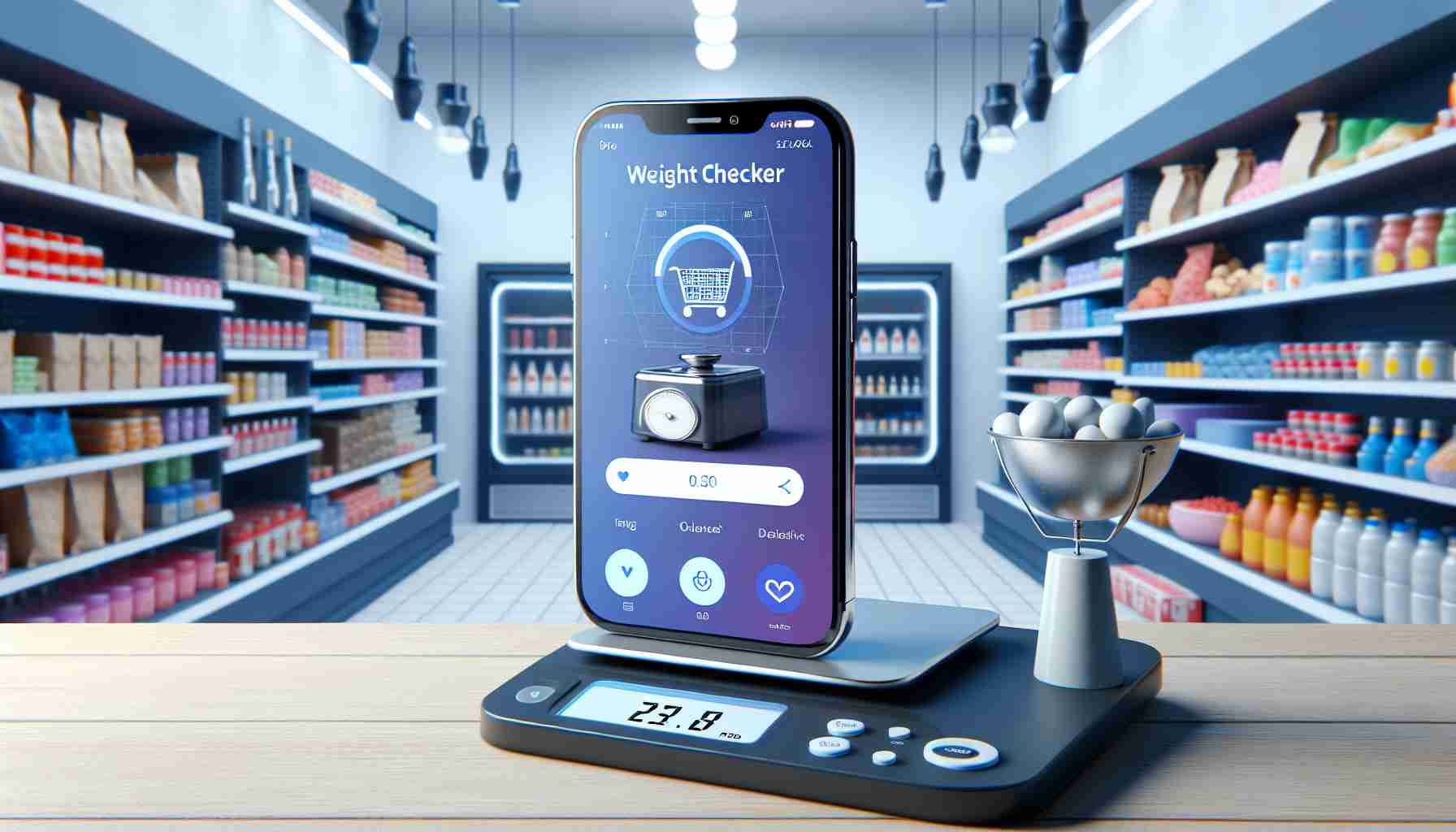In an innovative move to ensure fair trading practices, authorities in Nanning have teamed up with the Guangxi Metrology Institute and the local market regulation bodies to empower citizens. On November 15th, an event at the Qingxiu Mountain Agricultural Market showcased a unique initiative where consumers could convert their smartphones into ready-to-use weight measures.
The Initiative: At the heart of this event, staff demonstrated to local residents how to leverage their smartphones to verify the accuracy of electronic scales used by vendors. Through an ingenious method, officials weighed each consumer’s phone with an officially calibrated scale, then affixed a standard weight label to the phone’s back. This simple yet effective transformation turns every phone into a portable weight reference tool.
Public Engagement: The presence of excited participants highlighted the initiative’s potential impact. Many expressed enthusiasm at being able to effortlessly verify the fairness of purchased goods. With this knowledge, consumers like Mr. Luo could not only prevent potential cheating by sellers but also play an active role in market oversight.
Impact and Future Goals: During the activity, over 160 phones were labeled, and more than 200 individuals received guidance on measurement practices. Nanning’s market regulators plan to extend this “Phone as Weight Checker” campaign, emphasizing consumer engagement in scale accuracy and consumer rights. This grassroots approach aims to foster a society where everyone is informed and active in maintaining fair measurement standards for a trustworthy shopping environment.
Are Smartphones the New Frontier for Fair Trading?
In a digital age where smartphones have become nearly indispensable, their role is expanding beyond communication and entertainment to potentially reshape consumer rights and fair trading practices. The recent initiative in Nanning, China, where smartphones are used as weight checking devices, highlights an emerging trend that could revolutionize how consumers interact with markets and how they ensure fairness in trade.
Broader Implications for Consumer Advocacy
The strategy piloted in Nanning offers a promising perspective on empowering consumers globally. By equipping individuals with the tools to verify transactions, this initiative underscores the importance of transparency and accountability in markets. Beyond assisting in accurate measurements, such practices could extend to other areas rife with consumer fraud, such as ensuring authenticity in branded goods or even verifying digital transactions’ integrity.
The potential for consumers to independently verify scale accuracy represents a step toward more active consumer protection. This grassroots empowerment aligns with increasing societal demands for corporate accountability and transparency. Communities worldwide could benefit from similar programs, leading to heightened public awareness and participation in consumer rights advocacy.
Interesting Facts and Controversies
While the idea of using smartphones as balance verifiers is novel, several questions and hurdles emerge. For instance, how do such initiatives account for discrepancies caused by varying smartphone weights? Although a standard weight label on phones might mitigate this issue, differences in cases, models, and wear could introduce errors that need to be addressed.
Moreover, the effectiveness of such programs could be controversial in regions where digital literacy is low or smartphones are not as ubiquitous. There is a risk of alienating vulnerable populations who may not have access to the latest technology or the know-how to use it effectively.
Advantages and Disadvantages
The advantages of this initiative are significant—empowering consumers, increasing market transparency, and possibly reducing fraudulent practices from vendors. Moreover, the initiative can boost consumer confidence, encouraging more engagement in the local economy.
However, there are disadvantages as well. This relies heavily on technology that not everyone might possess. Additionally, implementing such systems globally may pose logistical and cultural challenges that require consideration of local contexts and resources.
Related Questions and Answers
– How does this initiative ensure long-term impact? Nanning’s regulators plan a consistent rollout and educational programs, ensuring long-term awareness and engagement among consumers. The initiative’s success depends on sustained effort and adaptation to new challenges.
– Could this be applied to other forms of measurement? Yes, the methodology could be adapted for various fields, from verifying liquid volumes to ensuring accurate distance measurements, provided the technology and legal frameworks evolve accordingly.
– What about technological barriers? Ensuring the accuracy of smartphone applications and universal accessibility of these technologies remains a challenge. Collaborative efforts with tech companies could bridge some of these gaps.
For those interested in consumer protection and technology’s role in daily life, the development from Nanning offers a significant insight into the future direction of fair trade practices. As initiatives like this gain traction, they could redefine global market dynamics and consumer protection frameworks.
To learn more about consumer protection initiatives, visit Consumer Financial Protection Bureau or Consumers International.























